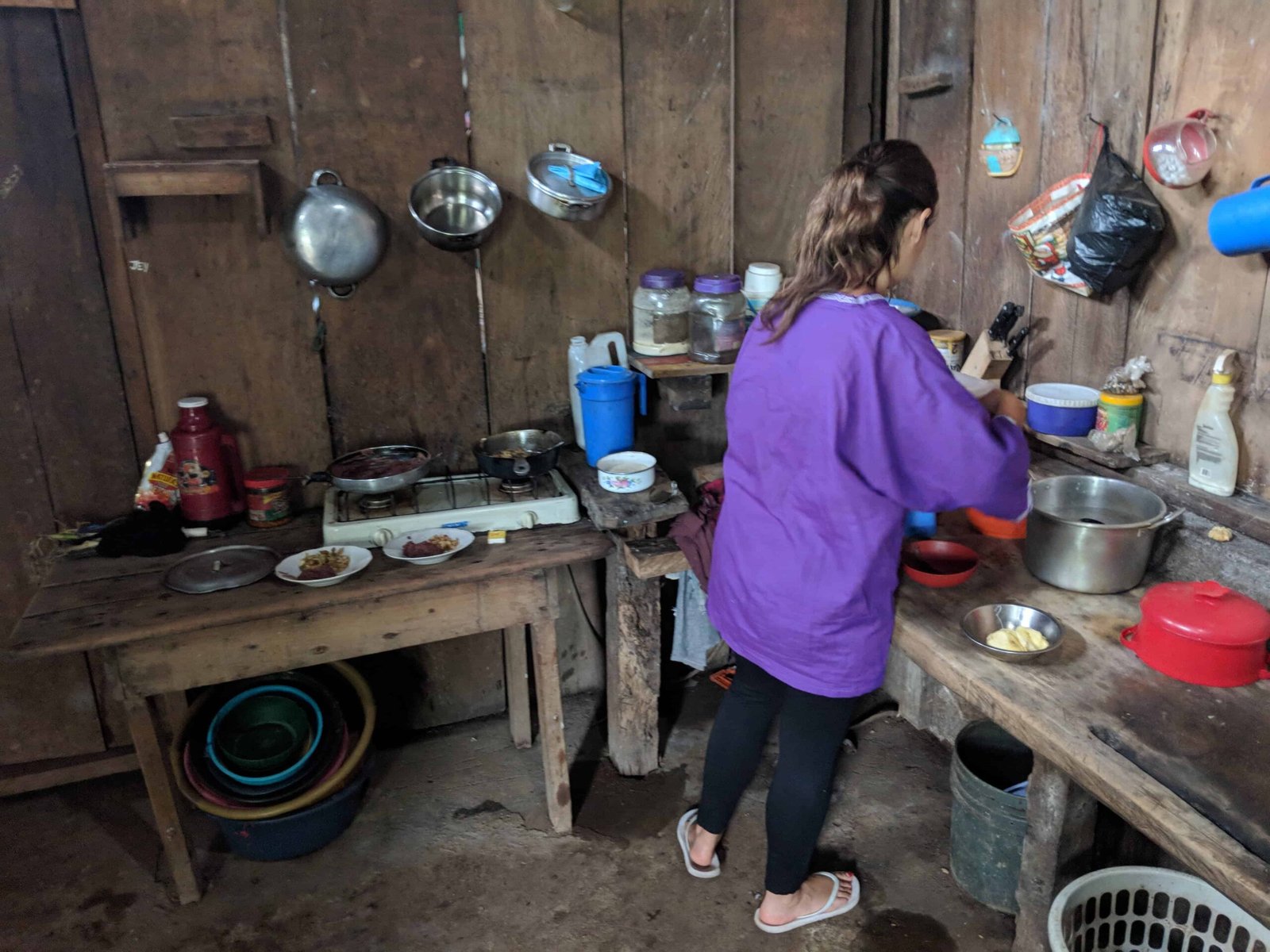WHAT LIVING AROUND THE WORLD HAS TAUGHT ME

What living around the world has taught me
I didn’t have much of a choice when it comes to international moves.
Both of my parents are from different continents.
My first international move happened when I was 6 months old. And there were a few other international moves involved until the time I was 17.
By the time I reached adulthood, I had two choices. In other words, reject the lifestyle that had been presented to me and just settle. Or I could take advantage of the opportunities given to me and continue exploring the world.
Since you’re currently reading from a website that’s encouraging you to travel more, I think it’s safe to say that I chose the latter. I could go on and on about the experiences that I’ve had, the languages and skills that I’ve learned. However, if I could sum it all up, this would be it.

Hey there, and welcome to Go Global with Sibu! I’m a global citizen that has been living and traveling around the world since 2005 – all through budget travel, scholarships, study/work and living abroad opportunities. I share everything I’ve learned over the years here – to prove to you that you don’t need money or privilege to enjoy everything that this world has to offer.
Send me a message

We all have the same needs
We all crave some sort of stability, some more than others. We look for love, for connections. We work so that we can have a roof over our heads. In addition: warmth, friendships, food, and taking care of others is important to us. The list goes on. Not only do all of these needs make us human, but it shows us that we are not that different from each other. The basic necessities don’t differ much, no matter our background, culture, or religion.
Stereotypes
Racism is present everywhere, and so are stereotypes. There hasn’t been a single country that I’ve been to where I haven’t heard negative comments about the “neighbors”. This can be due to illegal migration flows or simply due to a superiority complex. We cannot deny that living standards differ from country to country, but I have come to realize that most of these negative stereotypes are wrong. How do I know this? Because I can’t pick a trait and apply it to EVERY single citizen of a country. It’s that simple.
How little we know in general
The more I travel, and the more I learn, the more I realize how little I know about the world, and that’s alright. There are 197 countries in the world. We live in bubbles where the only exposure we get to other places in the world is through the news or social media. But once we arrive at a destination, we might just find out how wrong we were about it. The reality is that it is impossible to know about every single country out there. Similarly, the best that we can do is go out there with an open mind and be ready to have our perceptions challenged.

Different perspectives
One of the most challenging things about traveling is coming to the realization that not everything you believe to be right actually is. Just because we live life a certain way, that doesn’t mean that our way is the RIGHT way. We are so wired to think in a specific way, that the first thing we do whenever we’re presented with an idea or concept that’s different from what we’re used to, we shut down. We become defensive. It’s human nature.
A sign of emotional intelligence is to be able to engage in critical thinking. For instance, if other people are living differently from you, is there anything that you might want to incorporate from their habits into your lifestyle? Are there things that you could learn from the people that you’re being exposed to? From a broader perspective, is there anything admirable about the way that the country you’re visiting is being run? If your immediate answer to these questions is no, then you’re not challenging yourself to think outside of the box. We all have things to learn from each other.
Wealth is relative
Being able to have cattle might be a sign of wealth for some, while having a yacht might be the equivalent of that in other places. If you’re reading this, you’ve been exposed to capitalism. We’ve seen how people spend money all around the world. But once you decide to travel more off-the-beaten path and enter more rural areas, you’ll come to realize that people genuinely don’t care about the things that we do.
Life is so much simpler. People do compare themselves to others because it’s what we do. But priorities change. What might seem necessary to us, other people might have never even heard of before. Many people might come into this type of scenarios pitying the people that they encounter. There is no such need to do that. Your definition of wealth might mean absolutely nothing to others.
A smile is the universal language of kindness
When you don’t know what to say, when you have no idea how to communicate with others, when your message is not coming across clearly, smile. There is no sign language or translator necessary for this statement. A smile can go a long way. And so can the kindness that will usually follow that smile.
What else would you add to this list?
On a side note: I invite you to have a look at https://www.gapminder.org/fw/income-levels/. The GapMinder is a fascinating project that presents images of living standards across the world. Through projects like this one, it is possible to witness how no matter where we are, we all strive to have the same things.

